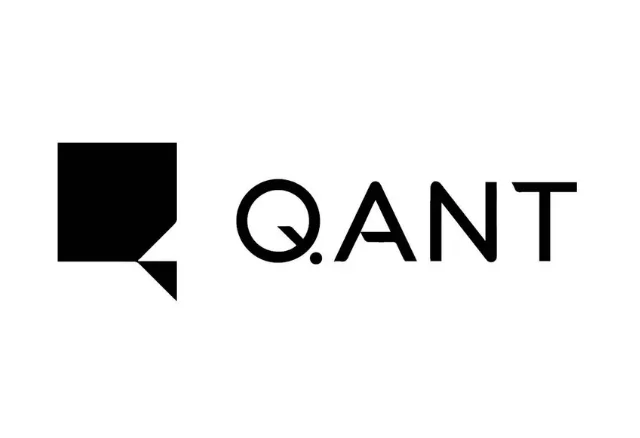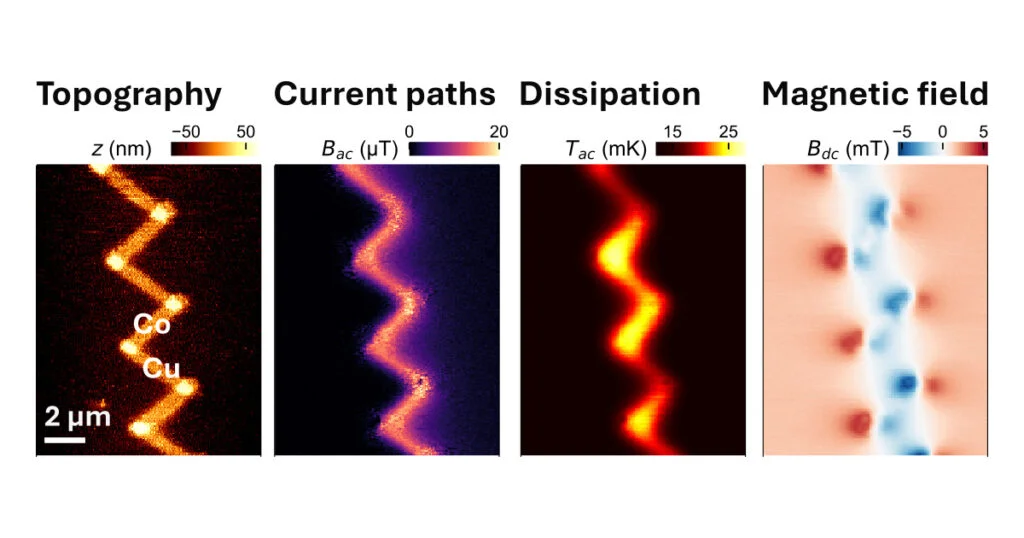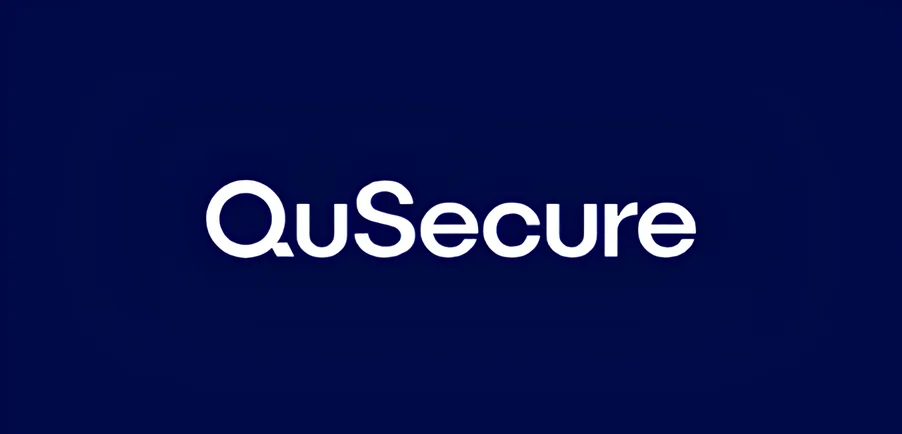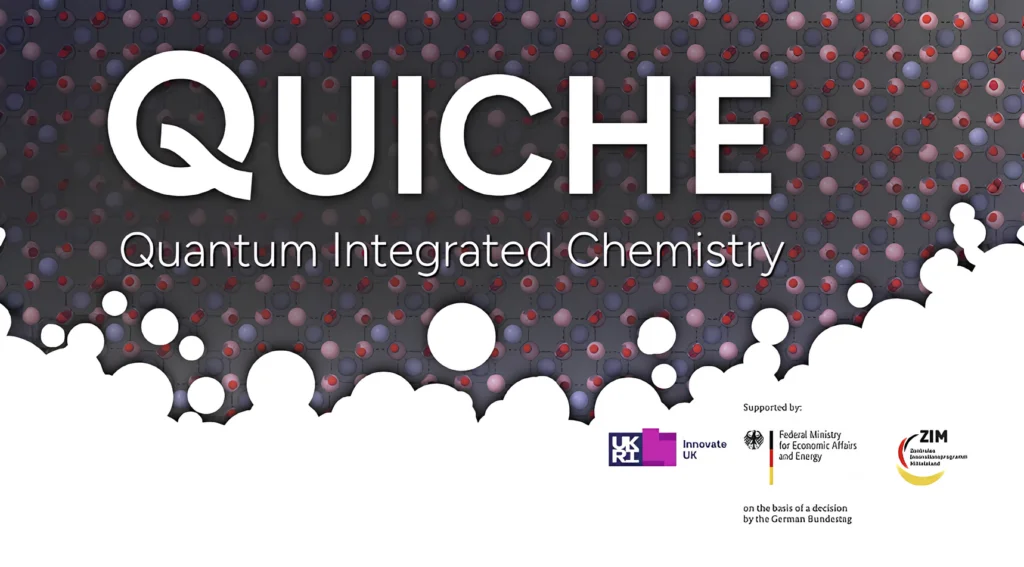
PRESS RELEASE — Quantum Brilliance, a venture-backed Australian-German quantum computing hardware company, today announced the addition of Mark Mattingley-Scott as Managing Director of Europe to lead business development and strategic partnerships from the company’s new European headquarters in Stuttgart, Germany.
Quantum Brilliance harnesses synthetic diamonds to build “quantum accelerators” that operate at room temperature in small form factors to provide quantum computational power in conjunction with classical computing systems. The foundational science of its technology was originally developed at the Centre for Applied Quantum Technology at Stuttgart University.
With a 31-year career at IBM in a number of executive roles, Mattingley-Scott most recently served as IBM Quantum Ambassador for EMEA and Asia-Pacific team, raising visibility for the tech giant’s quantum computing program and developing business opportunities.
Previously, he was a member of the core team founded in 1989 at IBM to work on the fledgling worldwide web, managed the team that built the world’s first e-commerce platform in 1996, and led the implementation of the world’s first mobile healthcare platform in 2006.

“I joined the Quantum Brilliance team to help fulfill the company’s vision of making quantum computing an everyday, useful technology,” said Mattingley-Scott. “Europe has much to gain from a robust quantum industry, and the addition of a highly disruptive technology such as quantum accelerators will have a major influence on its growth.”
Among his priorities, Mattingley-Scott plans to establish several locations in Germany and build a high-quality engineering and development team. He also plans to help expand public investment in the quantum computing industry in Germany and elsewhere in Europe.
“With its strong industrial base and large number of highly-skilled engineers, Germany is particularly well-situated to make a huge contribution to quantum computing,” said Mattingley-Scott. “Quantum hardware design and manufacturing has the potential to match Germany’s auto industry in its breadth and success.”
“Mark’s extensive experience in quantum computing and the commercialization of other emerging technologies will be invaluable to establishing our presence in Europe,” said Andrew Horsley, CEO and co-founder of Quantum Brilliance. “We are thrilled to welcome Mark to the team and look forward to seeing his successes unfold.”
Mattingley-Scott holds a bachelor’s degree in science with a joint honors degree in computing and electronics as well as a Ph.D. in Code Division Multiple Access Local Area Networks from the University of Durham in the UK.
He is a senior member of the IEEE, previously founding the German chapter of the Systems, Man and Cybernetics Society, and is a member of the IEEE European Public Policy Committee. He also a member of the NATO Advisory Committee on Emerging and Disruptive Technologies and co-chairman of the HPC and Quantum Computing working group at BITKOM, the German IT and Telecommunication Industry Association.
Mattingley-Scott has also taught at several academic institutions, including teaching human and machine learning and quantum computing at the Institute for Cognitive Science at the University of Osnabrück, and quantum computing at the Kirchoff Institute at the University of Heidelberg.
To learn more about Quantum Brilliance, visit www.quantumbrilliance.com.
Source: Quantum Brilliance
Founded in 2019, Quantum Brilliance is a venture-backed Australian-German quantum computing hardware company providing diamond quantum accelerators supported by a full stack of software and application tools. Quantum Brilliance’s vision to enable mass deployment of quantum accelerators will propel industries to harness edge computing applications and next-generation supercomputers. Quantum Brilliance’s international partnerships extend into North America, Europe and the Asia Pacific, working with governments, supercomputing centres, research organisations and industry leaders.
For more market insights, check out our latest quantum computing news here.














